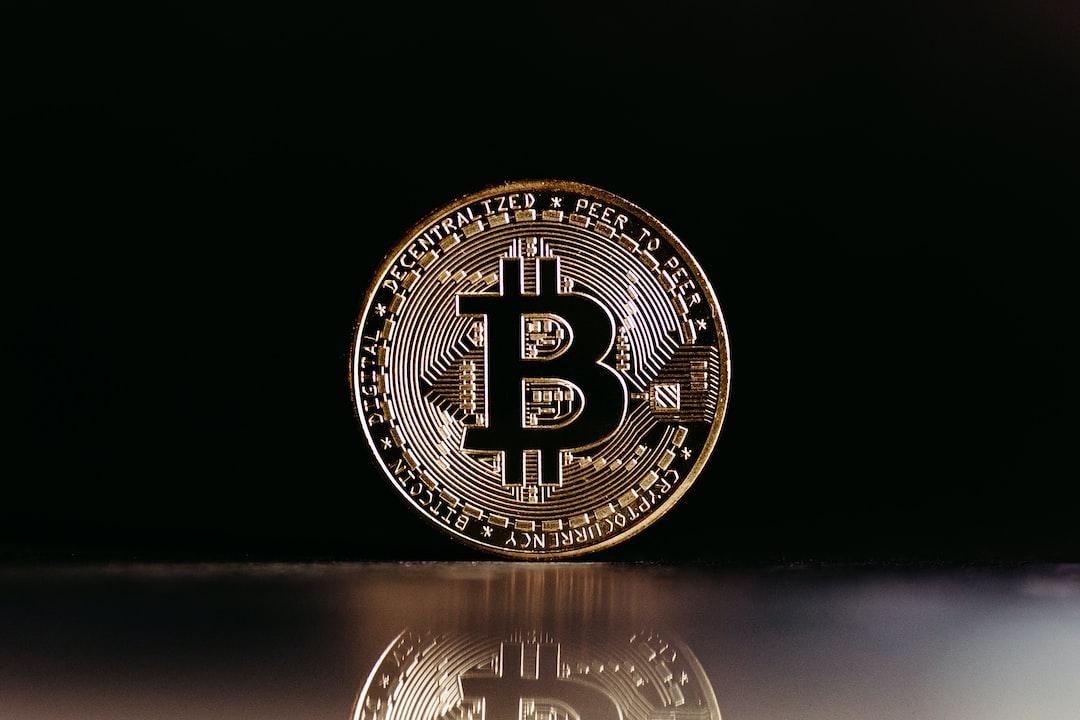India’s financial regulators are taking contrasting approaches to the regulation of cryptocurrencies. The Securities and Exchange Board of India (SEBI) has proposed a collaborative effort among regulators to oversee cryptocurrency trading, marking a shift in the country’s approach to private virtual assets. SEBI’s recommendation includes having various regulators oversee different aspects of cryptocurrency-related activities, rather than having a single unified regulator. For example, SEBI would monitor cryptocurrencies categorized as securities and Initial Coin Offerings (ICOs). The Insurance Regulatory and Development Authority of India (IRDAI) and the Pension Fund Regulatory and Development Authority (PFRDA) would regulate virtual assets related to insurance and pensions. SEBI also suggested resolving investor grievances under India’s Consumer Protection Act. On the other hand, the Reserve Bank of India (RBI) remains cautious about digital currencies and is advocating for a ban on stablecoins. The RBI believes that stablecoins, especially those linked to economies like the US and Europe, pose a macroeconomic risk. It has expressed concerns about tax evasion and peer-to-peer decentralized activities that rely on voluntary compliance. The RBI previously prohibited lenders and financial intermediaries from dealing with crypto users or exchanges, but this move was later struck down by the Supreme Court. Despite the RBI’s reservations, cryptocurrency trade has continued in India, leading the government to introduce a crypto tax in 2022 and require all exchanges to register locally. The government panel tasked with formulating policy in this area is expected to submit its report by June.
Subscribe to Updates
Get the latest creative news from FooBar about art, design and business.
SEBI of India Shows Willingness for Crypto Regulation, RBI Calls for Ban on Stablecoins
Related Posts
Add A Comment


